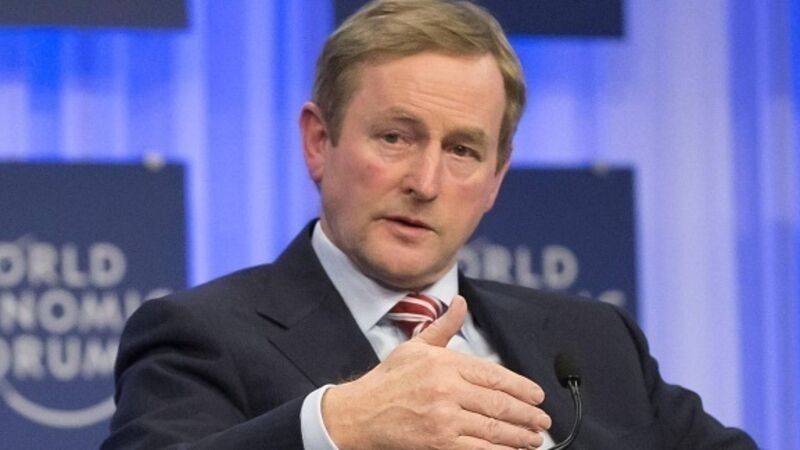World leaders at Davos: Demand for equity in governance

This year’s meeting is set against a depressing backdrop of global conflict, terrorism, disease, climate change and rapidly escalating poverty on a scale never before witnessed.
The yawning gulf between rich and poor was graphically illustrated this week by an Oxfam report showing that the wealthiest 1% will own more than 50% of the world’s wealth by 2016.














